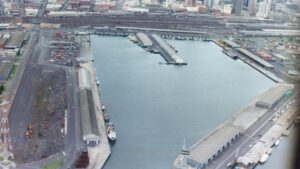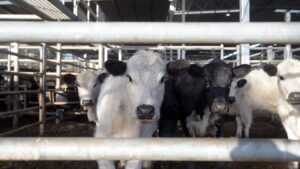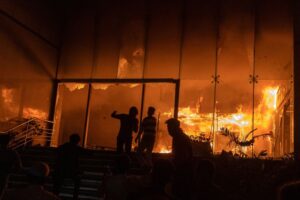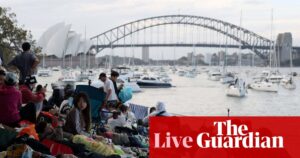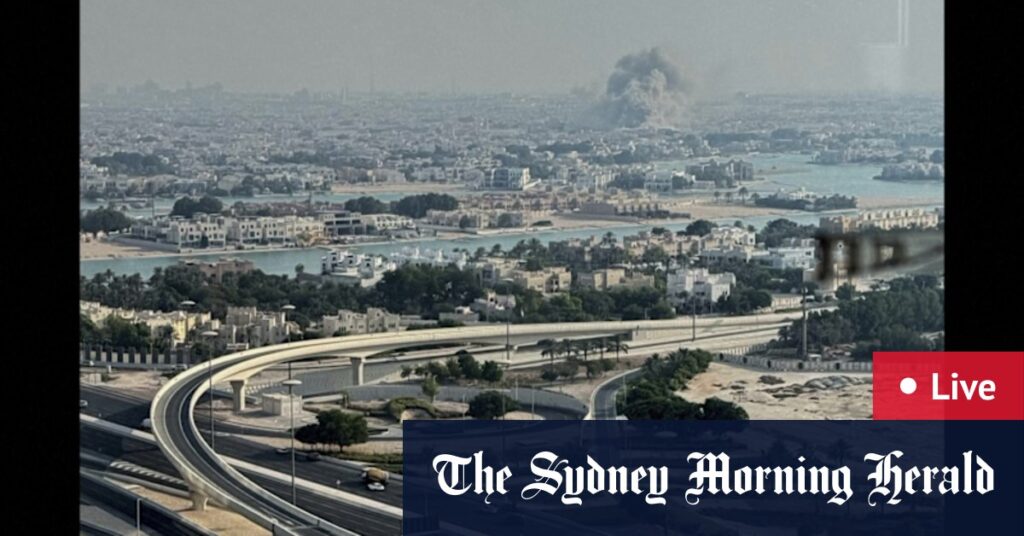
Prime Minister Anthony Albanese has made a compelling case for the next United Nations Climate Change Conference (COP) to be hosted by Pacific nations, highlighting the region’s acute vulnerability to climate change. This announcement was made during the Pacific Islands Forum in Honiara, Solomon Islands, where Albanese also discussed a potential security pact with Fiji.
The call for a Pacific-hosted COP comes amid a stalemate with Türkiye over the hosting rights. Albanese emphasized the existential threats faced by countries like Tuvalu and Kiribati due to rising sea levels, stating, “Countries like Tuvalu and Kiribati, their very existence is threatened by climate change.” He argued that the Pacific’s unique challenges make it a fitting venue for the global summit.
Meanwhile, the Australian government has pledged $100 million to support Pacific-led climate solutions, reinforcing its commitment to regional resilience. This financial commitment underscores Australia’s strategic pivot towards strengthening ties with Pacific nations, both in terms of climate and security.
Security Talks with Fiji and Regional Dynamics
During the forum, Albanese held discussions with Fijian Prime Minister Sitiveni Rabuka, focusing on an upgraded security relationship. The proposed treaty aims to enhance interoperability and training between the two nations’ defense forces, reflecting a broader strategy to bolster regional security amid growing geopolitical tensions.
This development follows Australia’s ongoing negotiations with Vanuatu, where a $500 million security deal remains unsigned due to concerns over its impact on international infrastructure funding. Foreign Minister Penny Wong has expressed willingness to address these issues, indicating Australia’s commitment to resolving regional apprehensions.
International Reactions and Implications
In parallel international news, Israel’s recent military actions in Qatar have drawn global attention. The strikes targeted Hamas leadership, resulting in the death of five lower-level members. However, the operation has been met with criticism from various quarters, including former U.S. President Donald Trump, who stated, “This does not advance Israel or America’s goals.”
Acting Prime Minister Richard Marles, while Albanese is overseas, expressed deep concern over the strikes, emphasizing Qatar’s role in peace negotiations. “Qatar has played a really important role since the conflict began in bringing parties together and trying to promote peace in the Middle East,” Marles noted, highlighting the potential repercussions on regional stability.
Domestic Developments: NAB Job Cuts and Legal Proceedings
On the domestic front, National Australia Bank (NAB) announced the layoff of 410 workers as part of a restructuring effort in its technology division. This move follows ANZ’s announcement of 3,500 job cuts, sparking criticism from the Finance Sector Union. The union’s president, Wendy Streets, condemned the trend, stating, “Two banks in two days slashing jobs, it’s shameful.”
In legal news, former NSW Upper House MP Mark Latham faces allegations of abuse from his former partner, Nathalie Matthews. The case, which includes accusations of emotional and psychological manipulation, is set for a hearing next year. Matthews has also sought a court order to restrain Latham from making derogatory social media posts about her.
Global Political Shifts
In Europe, French President Emmanuel Macron has appointed Sébastien Lecornu as the new Prime Minister. Lecornu, a former defense minister, is tasked with navigating a divided parliament to pass critical budget reforms. His appointment follows the ousting of Francois Bayrou, reflecting ongoing political volatility in France.
Across the Atlantic, the U.S. Supreme Court has agreed to fast-track a review of tariffs imposed by former President Donald Trump. The court’s decision to expedite the case underscores its significance, as the tariffs have far-reaching economic and political implications.
These developments illustrate the complex interplay of domestic and international issues facing leaders today. As Australia navigates its regional and global relationships, the outcomes of these discussions and decisions will shape its strategic positioning in the years to come.
